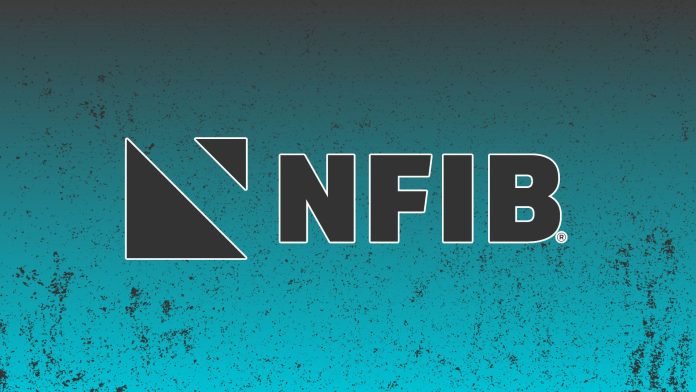The U.S. Small Business Administration (SBA) is taking pivotal steps to stabilize its flagship 7(a) loan program by restoring lender fees, a move that looks to address financial challenges brought on during the previous administration. The 7(a) loan program, known for aiding countless small businesses in securing necessary capital, is crucial for fostering entrepreneurship and economic growth across the nation.
Kelly Loeffler, SBA Administrator, emphasized the significance of these changes, stating, "Since its inception, the SBA’s 7(a) loan program has launched millions of small businesses, driving economic growth and job creation." She warned that previous policy decisions jeopardized the program’s financial foundation, potentially placing taxpayers at risk. By reinstating lender fees, the SBA aims to protect taxpayer-funded capital while enhancing the integrity and reliability of its lending programs.
For small business owners, the revival of lender fees means both advantages and considerations. On one hand, the return of these fees is intended to restore the financial health of the 7(a) program, which has been in jeopardy due to relaxed underwriting criteria and an influx of non-traditional lenders. By mandating fees, the SBA aims to curb the escalating issue of loan defaults and delinquencies that roughly doubled following the Bieber administration’s changes.
The reinstatement of fees could also lead to more robust underwriting standards. The previous policies, which included lax guidelines likened to “Do What You Do,” contributed to a troubling rise in risks. With expected improvements in the quality of loans being issued, small businesses might find the 7(a) program to be a more dependable source of funding moving forward.
Maintaining the 7(a) program as a zero-subsidy initiative, which means it should operate without burdening taxpayers, hinges on these new regulations. According to the SBA, recent years saw unprecedented losses, including a projected shortfall of approximately $397 million in Fiscal Year 2024 due to the absence of lender fees and the overall increase in loan defaults.
Starting now, small business owners seeking capital through the 7(a) program will notice these fees reinstated for Fiscal Year 2025, marking a shift back toward a more financially sustainable model. These changes not only bring the program back to its foundational principles but also signal the SBA’s commitment to empowering American entrepreneurs while safeguarding taxpayer interests.
Potential challenges linger as businesses adjust to the new fee structure. While many small businesses rely on SBA loans due to lower interest rates and extended repayment terms, reinstated fees might impact the overall cost of securing these funds. Owners must evaluate whether the benefits of increased funding reliability outweigh the added costs.
As the SBA continues to roll out additional changes aimed at stabilizing and strengthening the 7(a) program, further announcements are expected in the coming weeks. These revisions are essential not only for current small business owners but also for the future landscape of entrepreneurship in America.
For now, the return of lender fees reflects the SBA’s proactive approach to reversing previous mismanagement and ensuring the 7(a) loan program remains a viable and essential resource for small businesses. Owners interested in exploring their funding options are encouraged to visit the SBA’s official website for more details and updates.
Business owners should stay informed about these developments, as they could significantly affect funding strategies going forward. To read more about this important change, visit the original post from the SBA here.
Image Via BizSugar



